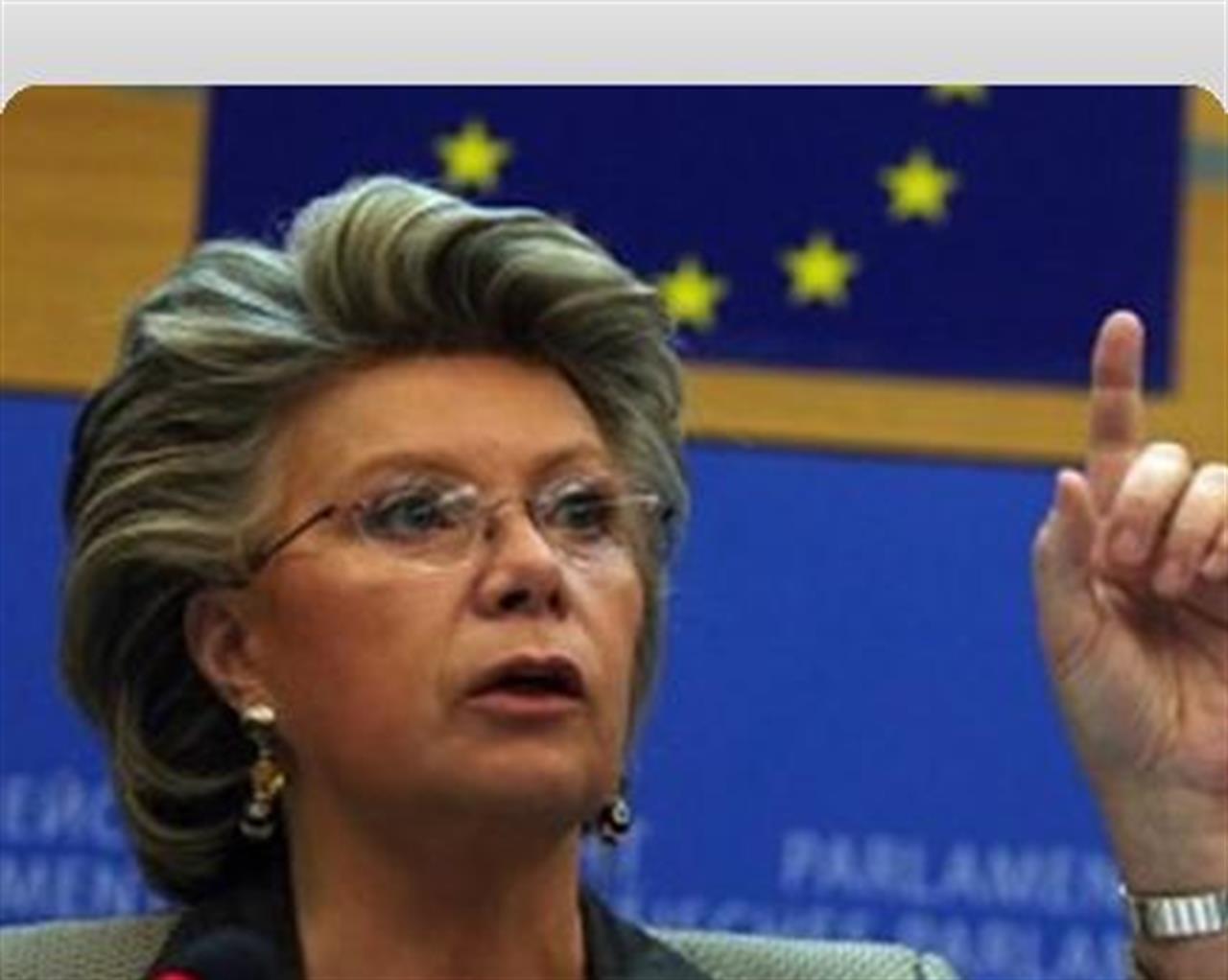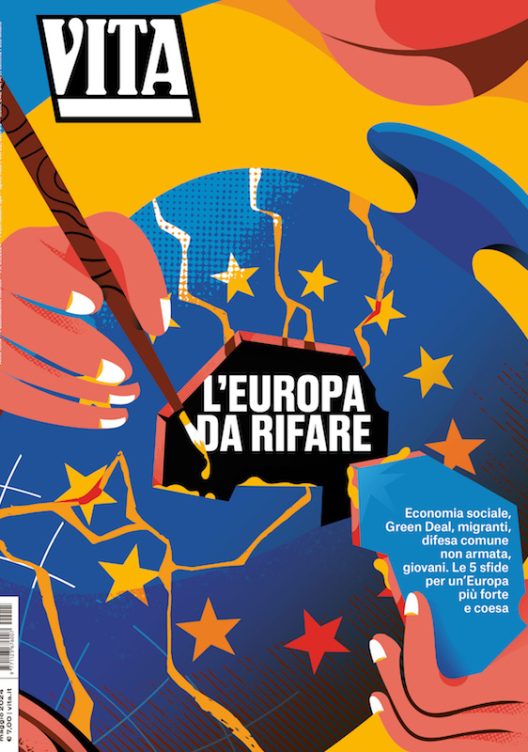Attivismo civico & Terzo settore
EU: Towards gender equality
The situation of women in Europe and the new EU strategy according to the director of the European Women’s Lobby in Italy

On September 21 the European Commission adopted a new five-year strategy for gender equality, but will anything actually change for European women? Vita Europe interviewed Maria Ludovica Tranquilli Leali, Secretary General of the Italian branch of the European Women’s Lobby (EWL), to find out.
Leali was one of the keynote speakers at an event in Milan that aimed to give voice to European and Latin American women. The European – Latin American Forum, which took place on September 25-25 was organized by the Latin American Centre for Studies, Training and Information (CEFIAL), the Italian branch of the European Women’s Lobby (EWL) , the representation in Milan of the European Commission and the Inter-American Commission of Women-Organization of American States.
According to Carlo Corazza, director of the representation in Milan of the European Commission, who also spoke at the event, in order for Europe and Latin America to emerge from the economic crisis and meet global challenges like climate change, “women can play an important role, both economically and politically”. He added that, in the future, more funds will have to be allocated by the European Union to finance programmes that train and promote women.
Do you think this forum will bring real changes for women?
I hope so, but it is only an ongoing process now and it is too early to say. But Isabel Recavarren, CEFIAL’s director, and I have set up a steering committee to guide the forum in the future, suggesting priorities and working groups. Once the forum will become more representative, we will give it a corporate designation.
What actions have been taken to empower women up to now?
More commitments are being made in favour of women’s empowerment and institutional structures are being strengthened. In July the UN established UN Women, a new gender equality agency and Michelle Bachelet, former President of Chile, was appointed by the UN Secretary-General Ban Ki-moon as its director.
Within the European Union the Treaty of Lisbon introduced the principle of gender mainstreaming, and in March 2010 European Commission’s president Barroso, together with commissioner Viviane Reding, presented the Women’s Charter aiming at incorporating a gender perspective into all policies for the next five years. And now, since September 21, we have the new EU’s five-year strategy for promoting equality between women and men in Europe.
What is your personal opinion regarding this new EU strategy?
As for the strategy, the problem is that it is not binding. Also the previous strategy, called Roadmap for equality between women and men 2006-2010 was not binding. The problem is that the achievement of objectives in the European Union is today very often left to an intergovernmental means of governance, called the open method of coordination, which provides that member states are evaluated by one another, with the Commission’s role being limited to surveillance. There is not a legal obligation in implementation, there are no sanctions for who is late in execution/performance.
The EWL welcomed Commissioner Reding’s announcement that she will consider introducing quotas. What do you think about the quota system?
In Sweden, as in all Nordic countries, women have managed to be equally represented through quotas. I personally consider them a necessary but temporary tool. In fact for example even parties do not respect quotas most of the times. Fines to sanction the lack of respect of quotas don’t work: in fact many European countries, such as France for instance, prefer to pay the fines than to put women in positions of power. As parties are very rich, they can afford to pay fines.
Another kind of sanction is to prevent parties from the possibility to present their list another time. I think this is very fair: in fact parties violate not only women’s rights, but also human rights, so they don’t deserve to speak on behalf of the citizens.
http://www.cefial.org/foro_eurolatinoamericano/italiano/home.htm

